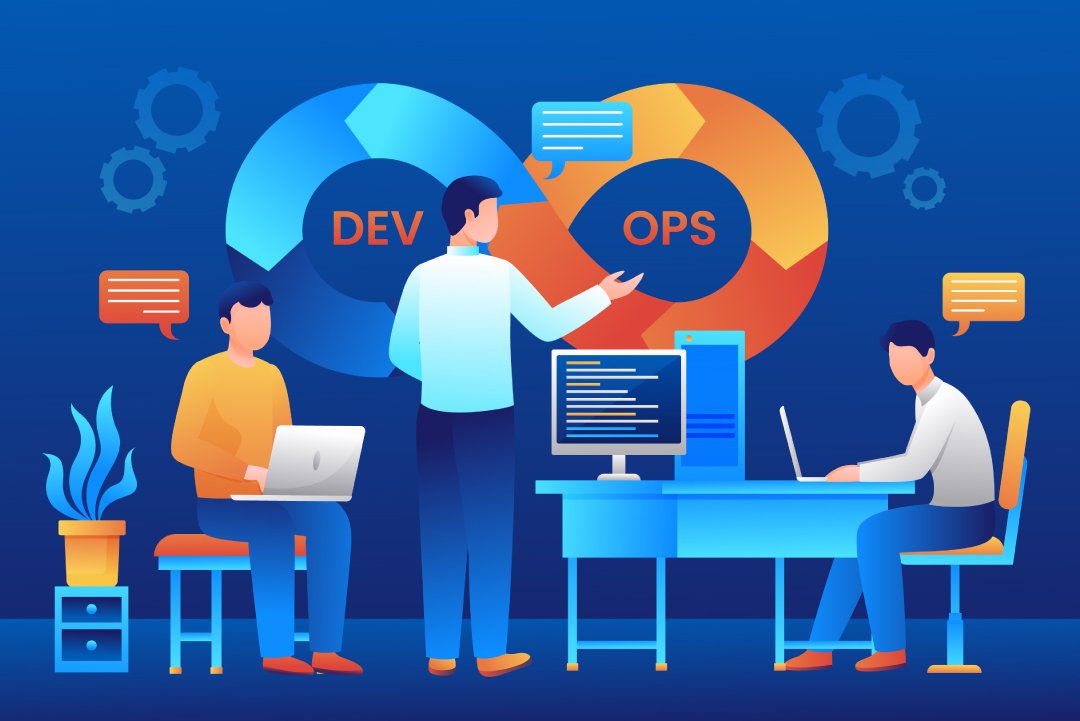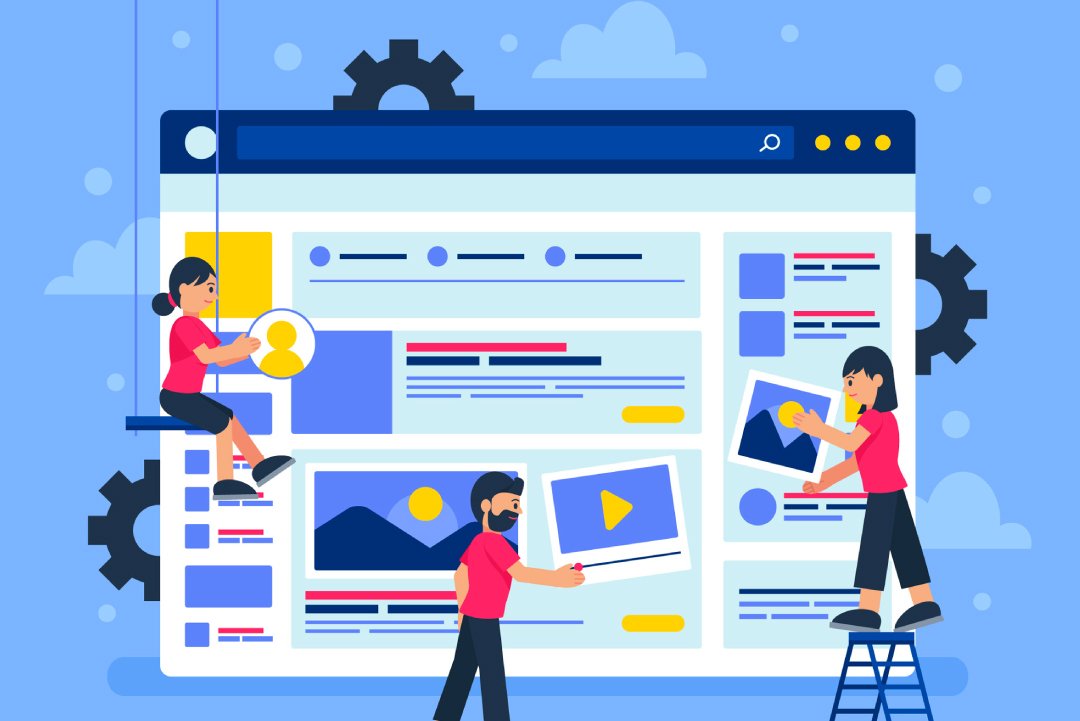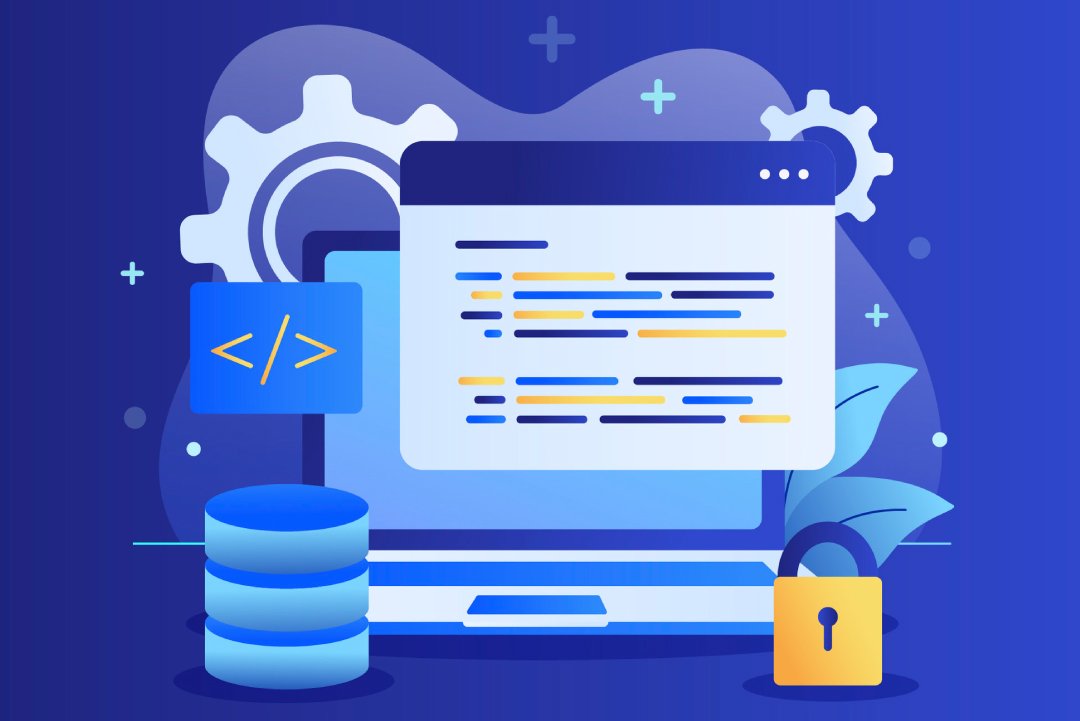In today’s fast-paced digital landscape, startups face a critical decision when launching a new product or service: should you build software from scratch or buy a white-label solution? This decision can greatly influence your startup’s success, budget, time to market, and scalability.
With the growing demand for fast, reliable, and affordable tech solutions, white-label SaaS has become a game-changer for startups worldwide. Especially in 2025, when trends like low-code, plug-and-play models, and automation are shaping the tech world, more businesses are embracing white-label software 2025 as a viable path to success.
This guide will help you understand when it makes sense to choose a white-label solution and when building custom software might be the better option. We’ll explore cost, time, risks, scalability, and return on investment to help you make the best decision for your business.
What is White-Label SaaS?

White-label SaaS is a ready-made software product developed by one company but rebranded and sold by another. This means you can offer the software under your own brand name without having to develop it yourself.
For startups, this is incredibly valuable. You can launch quickly, focus on your customers, and save significant resources. White-label platforms are widely used in industries like fintech, e-learning, healthcare, marketing, and more.
Build vs. Buy: Comparing Key Factors

Cost
Building from scratch requires a significant financial investment. You’ll need developers, designers, testers, project managers, and possibly DevOps specialists. Depending on complexity, development costs can range from $50,000 to several hundred thousand dollars.
A white-label solution typically has much lower upfront costs. You pay a license fee or monthly subscription that often starts as low as a few hundred dollars per month. This makes it one of the most cost-effective software solutions for startups looking to launch quickly without huge investments.
If budget constraints are a concern, white-label SaaS offers a far more affordable entry point than building.
Time to Market
Developing software from the ground up can take anywhere from six months to over a year, depending on complexity. This includes design, coding, testing, and fixing bugs.
A white-label SaaS solution can be ready within days or weeks. Most providers allow for brand customization and minimal setup time.
For startups that need to move fast, SaaS solutions for startups using white-label are the clear winner.
Risk
Building carries a lot of risks—budget overruns, delayed launches, bugs, security issues, or failing to deliver a product that meets market needs.
With white-label SaaS, the software is already built, tested, and used by others. Risks related to technology are lower. You can focus on sales, marketing, and customer experience.
White-label software 2025 significantly reduces technical and financial risks, especially for early-stage startups.
When Does White-Label Make Sense?

There are many situations where choosing white-label SaaS is the smarter choice.
First, if you are entering a mature industry—like online learning, fintech services, healthcare solutions, or e-commerce—white-label products offer all the core functionality you need without building from scratch.
Second, if the priority is launching quickly to capture market share, validate a business idea, or start generating revenue, white-label SaaS is ideal.
Third, startups without in-house development teams benefit massively from SaaS solutions for startups that don’t require heavy technical involvement.
Fourth, many small and medium-sized businesses looking to undergo SME digital transformation adopt white-label platforms to digitize operations, offer new services, or reach new markets efficiently.
Finally, if your competitive advantage lies in customer service, branding, and marketing—not in unique technical features—white-label allows you to focus on what matters most.
When Is Building the Better Option?

While white-label SaaS offers many benefits, there are scenarios where building is the better long-term choice.
If your startup is offering something truly innovative—such as new AI models, unique workflows, or patented technology—a white-label solution won’t meet those needs.
For industries with strict data regulations, such as healthcare or finance, owning your own software might be necessary to ensure complete compliance and full control over data privacy and security.
Some white-label platforms may have limitations on performance, scalability, or API access. If you anticipate massive scale, a custom solution may be better suited.
White-label is highly cost-effective software in the short term, but long-term monthly fees can add up. Building software has a high upfront cost but may save money over several years if you plan to scale substantially.
ROI and Scalability Considerations

In terms of short-term return on investment, white-label wins. It has lower upfront costs, faster time to market, and the immediate ability to generate revenue.
In the medium term, it depends on your growth trajectory. White-label continues to be effective unless high monthly costs or platform limitations arise.
For the long term, building may become more attractive for businesses that scale significantly or need highly specialized features. A custom solution provides full control over development, data, and future enhancements.
When considering scalability, white-label SaaS providers generally offer robust scalability for most small-to-medium startups. However, if your growth exceeds typical expectations or you need complex integrations, custom building becomes necessary.
Real-Life Example

Imagine a startup founder who wants to launch an online fitness platform. Building the app would cost around $150,000 and take nine months.
Instead, the founder chooses a white-label SaaS platform that offers video classes, subscriptions, and payment integration for $1,500 per month. The platform is launched in just three weeks. The startup grows rapidly, and after 18 months—with sufficient revenue and funding—they decide to invest in a custom-built platform with advanced AI workout tracking that the white-label couldn’t provide.
This hybrid strategy is increasingly common in 2025, allowing startups to balance speed with long-term scalability.
Key Takeaways

The choice between building or buying depends on your business goals, budget, timeline, and future growth plans.
If cost, time, and risk are the primary concerns, white-label SaaS is the clear solution. It enables startups to enter the market quickly, focus on branding, and avoid heavy development burdens.
For startups offering highly specialized services or needing full control over their product, building a custom solution—either in-house or via outsourcing—is the right path. It offers flexibility, full ownership, and potentially better long-term return on investment.
Both paths play a vital role in supporting the ongoing wave of SME digital transformation. In a world that demands speed and adaptability, white-label software 2025 provides a foundation for startups to scale efficiently, while custom development offers long-term depth for those prepared to invest in it.
Conclusion
In 2025, the rise of white-label SaaS reflects a broader shift toward efficiency, speed, and flexibility for startups. The choice between building and buying is not just about cost—it’s about strategy.
For most early-stage businesses, SaaS solutions for startups that are ready-made and customizable provide the fastest path to market with minimal risk. They also align perfectly with the global push toward SME digital transformation, offering tools that help businesses stay competitive without breaking the bank.
At the same time, founders should recognize that white-label is often the best first step—not always the final one. As the business grows, investing in custom development can unlock new features, full control, and better long-term economics.
If your priority is speed, budget, and focus on customers, white-label software 2025 offers the ultimate launchpad. If your future requires deeper customization, scale, and innovation, building your own software becomes a smart evolution.
FAQs
Startups should choose white-label SaaS when speed to market, lower upfront costs, and reduced development risks are priorities. It’s ideal for validating ideas or launching quickly without heavy technical investment.
Yes, it is one of the most cost-effective software solutions for startups. It eliminates high development costs, allowing businesses to invest more in marketing, sales, and growth.
White-label software may have limitations in customization, scalability beyond a certain point, and long-term control. If your startup requires highly unique features, building may be a better choice.
By providing ready-to-deploy, scalable solutions, white-label SaaS helps accelerate SME digital transformation, enabling small businesses to adopt modern technology quickly and stay competitive.
Yes. With the rise of white-label software 2025, driven by trends like low-code, automation, and demand for SaaS solutions for startups, it will continue to be a strategic choice for scalable, fast-growing businesses.
About Softvil
Softvil Technologies is a trusted software development company specializing in white-label SaaS solutions tailored for startups and SMEs. With extensive experience across various industries, Softvil delivers scalable, secure, and customizable software products that help businesses accelerate their digital transformation. Their expertise lies in creating cost-effective software solutions that enable clients to quickly launch branded platforms and grow efficiently in today’s competitive market.

